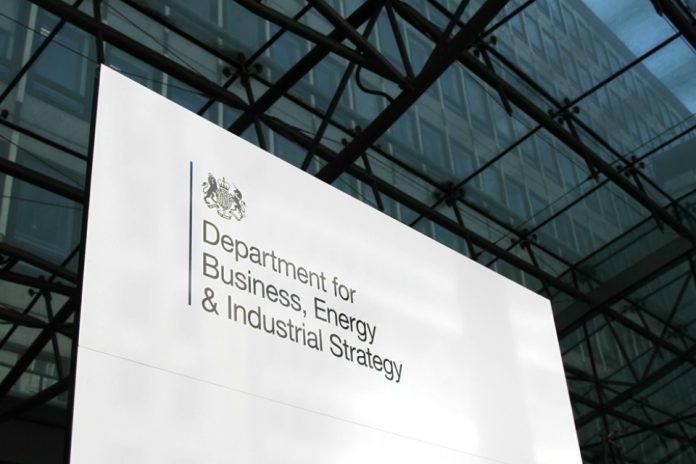A new partnership between the UK Government and vaccine manufacturer CureVac has been established to rapidly develop new vaccines in response to new Covid-19 variants if needed.
Both the Pfizer/BioNTech and Oxford/AstraZeneca vaccines are safe and effective and appear to work well against the Covid-19 variants currently dominant in the UK.
The new agreement will utilise UK expertise on genomics and virus sequencing to allow new varieties of vaccines based on messenger RNA technology to be developed quickly against new strains of Covid-19 if they are needed.
The Government is establishing an expert advisory group to identify the variants that the UK could need vaccines against.
Through the agreement announced today, the UK has placed an initial order for 50 million doses of new vaccines to be delivered later this year if they are required.
This is in addition to the broader portfolio of 407 million doses already secured by the UK Government to date.
Almost all vaccines developed through this partnership against new Covid-19 strains will be variants of an existing jab by CureVac which is currently undergoing Phase 3 clinical trials, meaning it should be possible to accelerate clinical trials ahead of submission to the regulator for approval. The UK will use its partnership with CureVac to boost the UK’s capacity to develop and manufacture variant vaccines in the UK, strengthening our domestic capabilities.
The process is similar to the method used to update flu vaccines each year – updated and accelerated using the newly-proven mRNA technology that can be reformulated against variants more quickly than older and more traditional vaccine technologies. mRNA technology is already being used in the Pfizer-BioNTech and Moderna vaccines approved for use in the UK.
Business Secretary Kwasi Kwarteng said:
The UK’s vaccine programme has been a national success story so far, and we are determined to make sure we’re as prepared as we can be in the long-term if new variants of Covid-19 emerge.
This fantastic new partnership means we can work to swiftly tweak and rollout new variations of existing vaccines if we need to, while also building up Britain’s vaccine manufacturing base in the process.
Health and Social Care Secretary Matt Hancock said:
The vaccines we are deploying now are safe and effective, with the latest evidence suggesting they provide protection against new strains of Covid-19.
But we must be prepared for all eventualities and bolster onshore UK manufacturing capacity to develop vaccines to combat new variants of the disease, taking advantage of our world-leading genomics expertise.
This will help ensure we can continue to provide everyone with a high level of protection against the virus and save lives.
Deputy Chief Medical Officer, Professor Jonathan Van-Tam said:
While the vaccines currently being deployed in the UK appear to work well against the Covid-19 variants currently dominant in the UK, the virus continues to mutate and it is likely that our vaccines will have to adapt to continue to offer the best possible protection. Being able to create these new vaccines at speed will allow our scientists to keep ahead of the virus as they do every year with the influenza vaccine.
Vaccines Minister Nadhim Zahawi said:
This is exactly the kind of work that will stand us in good stead as we continue our monumental national effort to end this pandemic and return to normality.
Of course we urge people to continue to take up the chance to have a vaccine when they are invited to – all of which are safe and have been proven to be effective against the virus.
Interim Chair of the Vaccines Taskforce Clive Dix said:
Today’s agreement will mean the UK is better prepared for the emergence of any significant new virus variant.
Because these mRNA vaccines can be rapidly adapted we will be ready to respond swiftly to new strains and update vaccines in the same way the flu vaccine is updated each year – a vital part of ending the pandemic once and for all.
The UK Government’s new expert advisory group will look at both current and potential future virus variants. This will involve using the world-leading UK Science Surveillance networks alongside genomic sequencing technologies and clinical trial capabilities to allow the rapid identification of and response to virus variants.
To date, the UK Government has invested over £300 million into manufacturing a successful vaccine.
The UK was the first country in the world to procure, authorise and then deploy both the Oxford/AstraZeneca and Pfizer/BioNTech vaccines.







